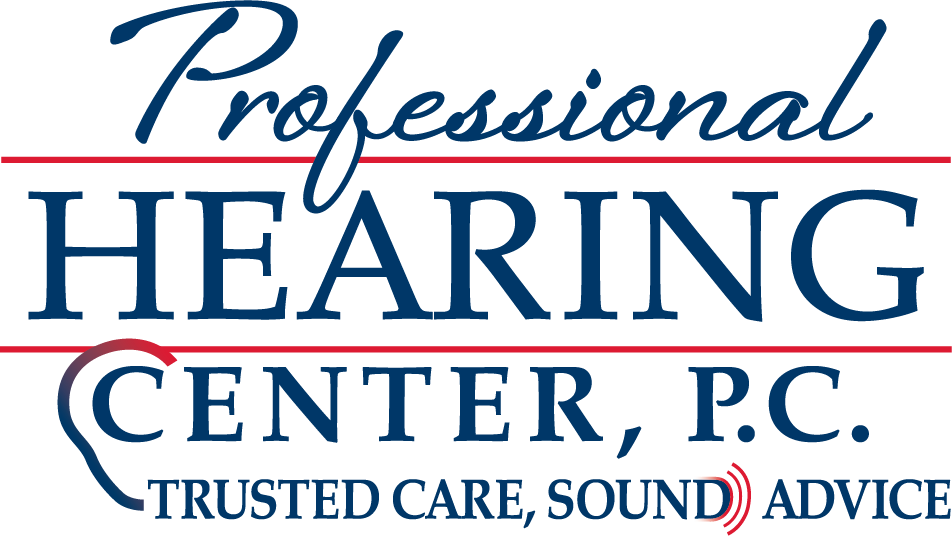
Hearing is one of the most essential senses when it comes to the work of emergency responders. First responders, including EMTs, police, and firefighters, rely on their sharp hearing to make quick decisions and respond effectively in chaotic and extreme environments. However, their jobs often expose them to loud and disruptive settings, and hearing loss is becoming a growing concern for many in the profession. Their ability to perform their duties and preserve a safe environment for themselves and others can be considerably impaired by this condition.
Why are first responders at a higher risk for hearing loss?
Emergency personnel often operate in situations with extreme auditory demands, subjected to a cacophony of sounds, including wailing sirens, roaring engines, beeping medical equipment, and background street clamor. Recurring exposure to these sounds can cause permanent harm to one’s hearing. Constant exposure to even moderate noise, such as traffic or sirens, can result in hearing loss, not just exposure to extremely loud sounds like jet engines.
Primary factors that escalate the risk of hearing loss among emergency responders
Although extreme noise levels are typically identified in certain fields, like manufacturing and aviation, many first responders may not be aware of the long-term damage that loud noises can have on their hearing. Because of this, hearing loss can frequently go unnoticed until it reaches a more extreme stage, making it harder to treat effectively.
Noise-related hearing loss can develop due to loud noises, including:
- Extended exposure to noisy sirens– High-pitched sirens are employed frequently, particularly for EMTs and police officers, resulting in repeated exposure.
- Diesel truck engines– Emergency vehicles like fire trucks and ambulances are typically equipped with powerful diesel engines that emit loud noise for long periods of time.
- The consistent sound of beeping and alarms– Hospitals and ambulances have loud medical equipment that can contribute to hearing loss.
- Traffic noise– Even everyday traffic noise can accumulate, especially for responders on the move.
- Lack of basic hearing protection– In spite of some training environments necessitating ear protection (like firearms training for law enforcement), other situations do not.
Breaking the stigma: Why first responders hesitate to seek help
Finding treatment for hearing loss can be intimidating for many first responders. There is a stigma around disclosing hearing problems, as professionals in this profession may be afraid that they will be sidelined or that their careers will be affected. The idea of not being totally able to perform well in an emergency scenario due to hearing loss is justifiably worrying for people who value their work and purpose. Consequently, some first responders may hesitate to disclose their symptoms until the harm has already taken hold.
However, neglecting to treat hearing loss promptly can worsen the condition and result in additional issues. Neglecting to address hearing loss can lead to safety risks, problems in communication, and diminished effectiveness at work. Acknowledging the issue sooner and seeking professional treatment can prevent additional decline in hearing and improve job performance.
Steps to protect hearing in emergency responders
Incorporating these safeguards can
dramatically reduce the possibility of irreversible hearing impairment:
- Educating and raising awareness Train emergency responders on the signs and risks of hearing impairment.
- Yearly Auditory Evaluations Make hearing evaluations a regular part of annual health exams to identify potential problems promptly.
- Protective hearing devices Offer ear protection devices, such as earplugs or earmuffs, in noisy settings, including when sirens are blaring or when traveling.
- Better noise management Develop strategies for reducing prolonged exposure to noise, including in vehicles and at emergency scenes.
Safeguard your hearing and keep serving your community.
If you’re a first responder, it’s essential to take proactive steps to protect your hearing. Your job requirements involve being exposed to loud noise frequently, which can lead to a slow advancement of hearing loss.
Don’t wait until the damage is severe– prioritize your hearing health now. Begin by scheduling regular appointments for hearing assessments, using ear protection in noisy settings, and managing any indications of hearing loss promptly.
